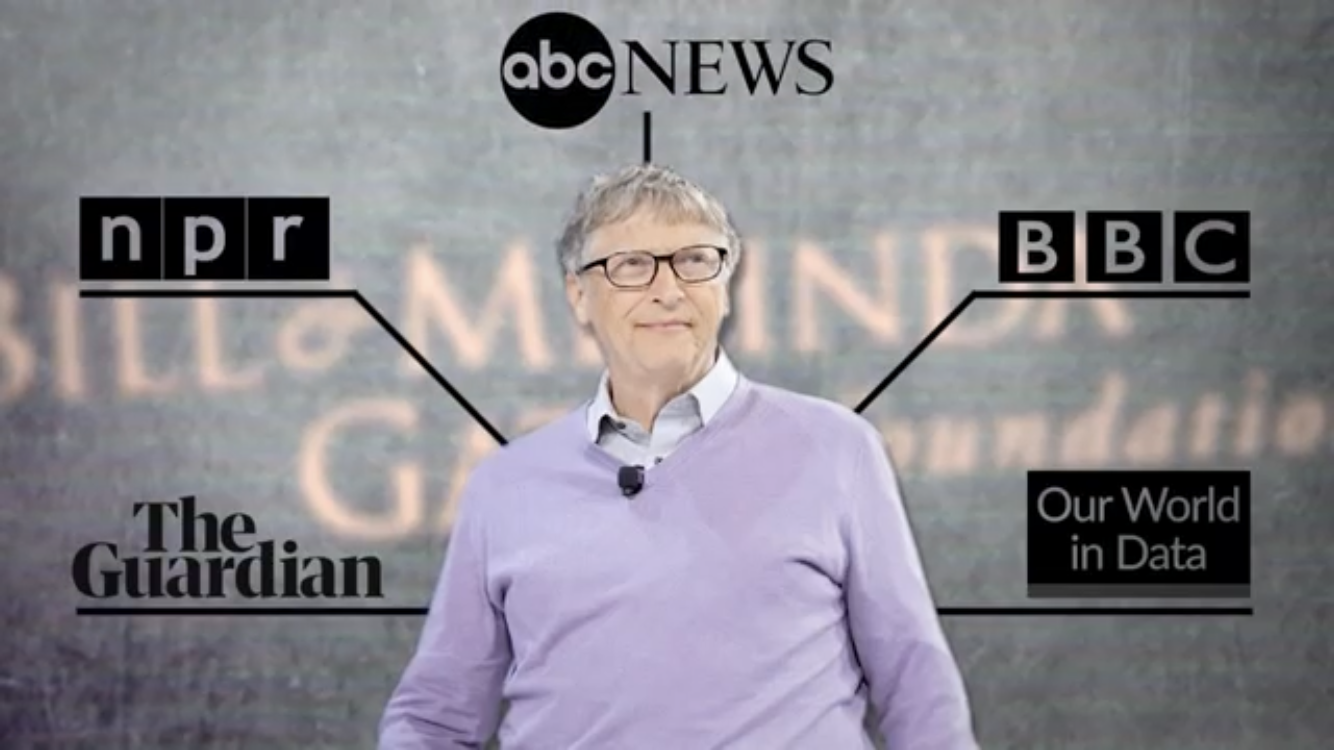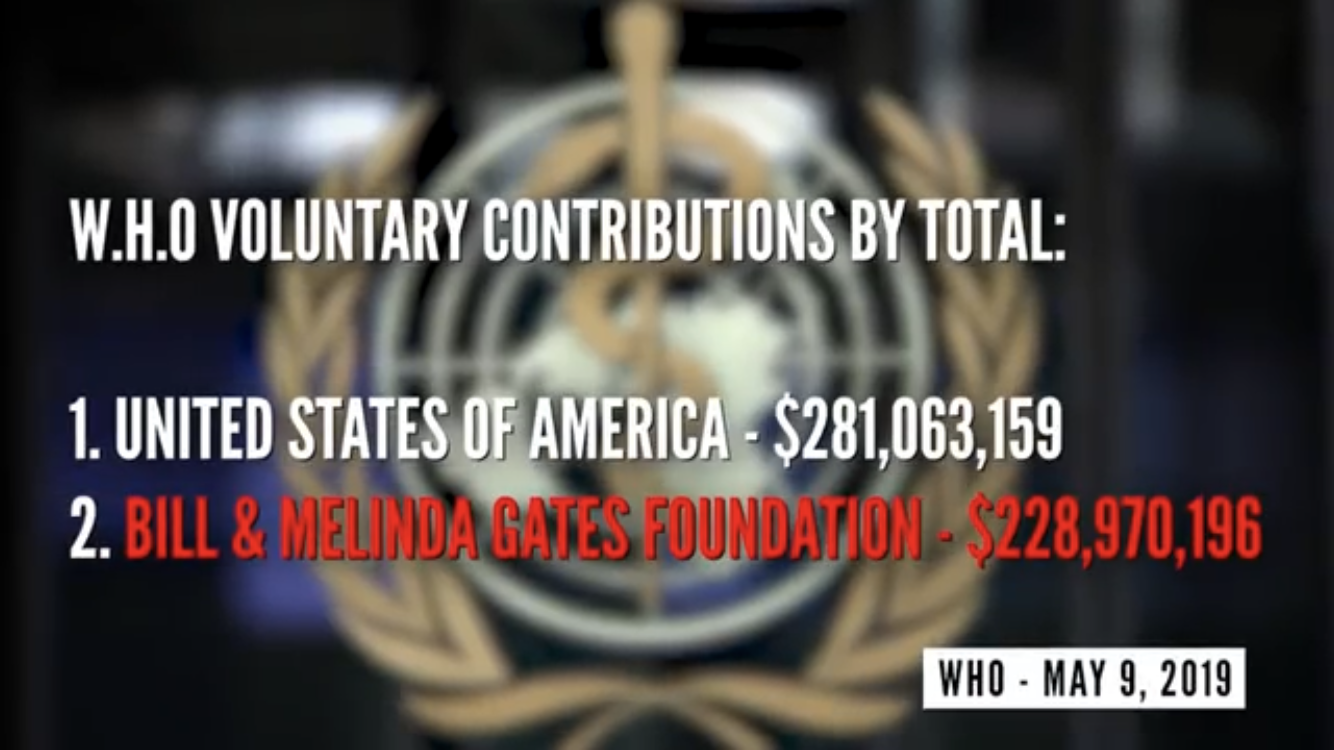Who is Bill Gates? A software developer? A businessman? A philanthropist? A global health expert?
- Meet Bill Gates
- How Bill Gates Monopolized Global Health
- Bill Gates Plan to Vaccinate the World
- Bill Gates and the Population Control Grid
This question, once merely academic, is becoming a very real question for those who are beginning to realize that Gates’ unimaginable wealth has been used to gain control over every corner of the fields of public health, medical research and vaccine development. And now that we are presented with the very problem that Gates has been talking about for years, we will soon find that this software developer with no medical training is going to leverage that wealth into control over the fates of billions of people.
This is no mere theoretical conflict of interest. Gates is held up as a hero for donating $35.8 billion worth of his Microsoft stock to the foundation, but during the course of his “Decade of Vaccines,” Gates’ net worth has actually doubled, from $54 billion to $103.1 billion.
The Bill & Melinda Gates Foundation spends tens of millions of dollars per year on media partnerships, sponsoring coverage of its program areas across the board. Gates funds The Guardian‘s Global Development website. Gates funds NPR’s global health coverage. Gates funds the Our World in Data website that is tracking the latest statistics and research on the coronavirus pandemic. Gates funds BBC coverage of global health and development issues, both through its BBC Media Action organization and the BBC itself. Gates funds world health coverage on ABC News.

When the NewsHour with Jim Lehrer was given a $3.5 million Gates foundation grant to set up a special unit to report on global health issues, NewsHour communications chief Rob Flynn was asked about the potential conflict of interest that such a unit would have in reporting on issues that the Gates Foundation is itself involved in. “In some regards I guess you might say that there are not a heck of a lot of things you could touch in global health these days that would not have some kind of Gates tentacle,” Flynn responded. Indeed, it would be almost impossible to find any area of global health that has been left untouched by the tentacles of the Bill & Melinda Gates Foundation.
The World Health Organization itself is largely reliant on funds from the Bill & Melinda Gates Foundation. The WHO’s most recent donor report shows that the Bill & Melinda Gates Foundation is the organization’s second-largest donor behind the United States government. The Gates Foundation single-handedly contributes more to the world health body than Australia, Canada, France, Germany, Russia and the UK combined.

What’s more, current World Health Organization Director-General Tedros Adhanom Ghebreyesus is, in fact, like Bill Gates himself, not a medical doctor at all, but the controversial ex-Minister of Health of Ethiopia, who was accused of covering up three cholera outbreaks in the country during his tenure. Before joining the WHO, he served as chair of the Gates-founded Global Fund to Fight AIDS, Tuberculosis and Malaria, and sat on the board of the Gates-founded Gavi, the Vaccine Alliance, and the Gates-funded Stop TB Partnership.
In October of last year (on the same day as the Military World Games in Wuhan, China), the Bill & Melinda Gates Foundation partnered with the World Economic Forum and the Johns Hopkins Center for Health Security to stage Event 201, a tabletop exercise gauging the economic and societal impact of a globally-spreading coronavirus pandemic.
The Rockefeller story provides an instructive template for this vision of tycoon-turned-philanthropist. When Rockefeller faced a public backlash, he helped spearhead the creation of a system of private foundations that connected in with his business interests. Leveraging his unprecedented oil monopoly fortune into unprecedented control over wide swaths of public life, Rockefeller was able to kill two birds with one stone: molding society in his family’s own interests, even as he became a beloved figure in the public imagination.